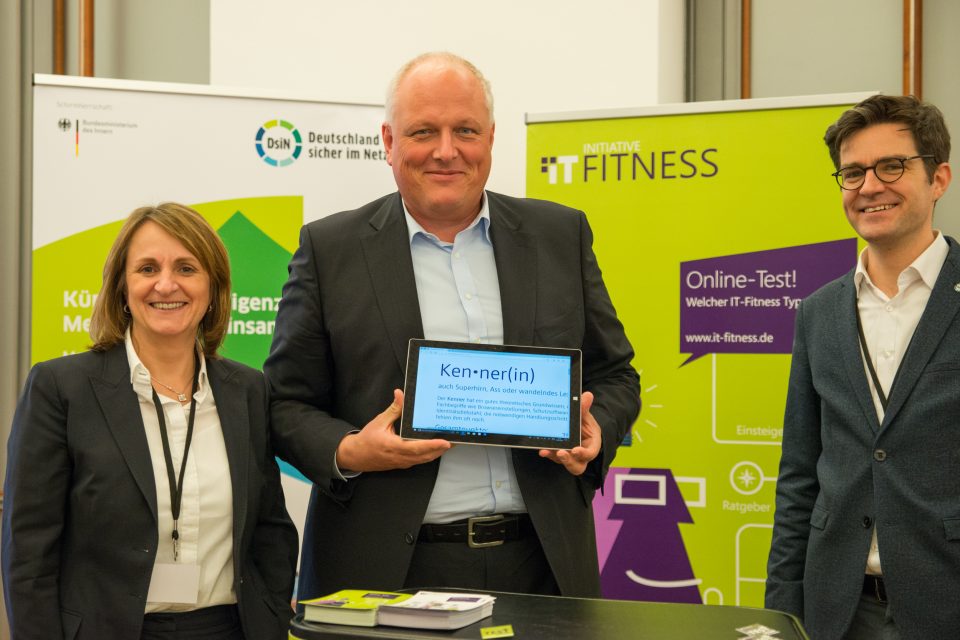What is your name? Where are you from? How old are you? How are you?
For most young children, these questions are easy to answer and often done so with little-to-no hesitation. After all, questions like these are innocent enough. That is, of course, assuming that the person asking and their reasons for doing so are also harmless.
While the age-old message of ‘don’t talk to strangers’ remains the same, modern technology and new media types are ever changing and at a rapid rate. Recognizing this, Förderverein für Jugend und Sozialarbeit (fjs e.V.) – a German Association for the Advancement of Youth and Social Work – has developed a range of programs to empower and educate children, adolescents and young adults to interact safely with various media forms and combat challenges such as cyberbullying, phishing scams, chain letters, fake news and computer viruses.
“Children view the internet like a giant playground, and while we should definitely nurture their playful curiosity, we must also ensure they’re aware of the danger zones,” said fjs e.V.’s Board Member, Thomas Schmidt. “Because the internet, and the platforms surrounding it, has become so entrenched in our everyday lives it can be difficult for even the most experienced users to know when and where it’s safe to be active online.”
To help children and teenagers navigate the internet safely, Thomas says it is equally important for fjs e.V. eV to support all members of their family with practical materials and tips for managing and protecting their loved ones online.
“Long gone are the days when parents or grandparents could keep close watch of children and monitor their every interaction. Teenagers are engaging with multiple media platforms and on a range of different devices, and while we are focused on helping them handle these in a safe manner, we work very hard to bring older generations along for the journey so they have the confidence to protect their children from danger.”
In partnership with Microsoft, fjs e.V. has broadened the reach of its 21st Century Competence Center – expanding to three physical locations where events take place as well as launching a set of websites (sicherheit-macht-schule.de, code-your-life.org, chlaumaeuse.de) full of useful resources.
“The online education and competence development services developed together with our NGO partner fjs e. V. were targeted at all age groups and have already been successfully used by 140,000 people,” says Astrid Aupperle, Philanthropies Lead, Microsoft Germany.
According to Microsoft’s latest Digital Civility Index, overall levels of negative experiences online remain high and Millennials (18 – 34) are those most exposed to online risks. Thomas sees these findings as validation and motivation for FJS eV’s work: “For over 25 years, we’ve helped boost IT literacy and online safety for Germany’s youth, but this continues to be an ongoing battle – and one we’re determine to win.”
“Combating the challenges and dangers online requires more than just awareness. It requires immersive workshops, ongoing training and practical tools. Working with Microsoft, we developed IT-Fitness which gives people of all ages resources and support to use PCs, tablets, smartphones and the internet more confidently and securely.”
“We must remember that internet safety is universal and knows no borders, so collaboration with the private sector is key for us to achieve our mission. If we view the internet as being a shared place, then we must also share knowledge, resources and skills to make this environment safe for everyone – now and well into the future.”
Inspired by fjs e.V.’s work in making the internet safer for everybody in Germany? For more resources and information on how Microsoft is helping promote digital civility and create a safer online environment for everyone, visit our new Digital Civility website.






